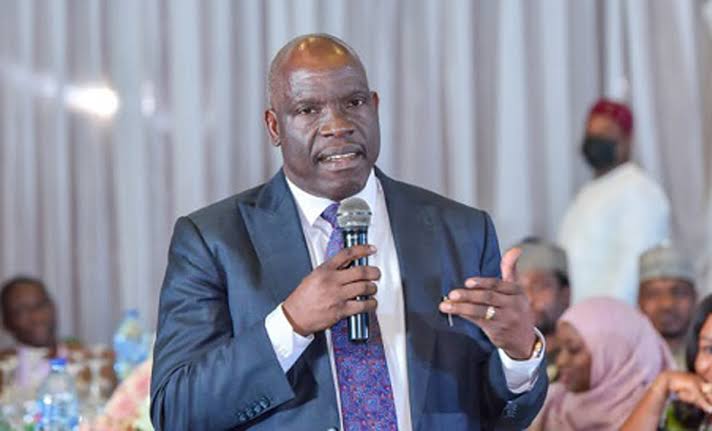
•Clears air on revocation of export permits
The Nigerian Upstream Petroleum Regulatory Commission (NUPRC), yesterday, said the country would not allow price fixing in the petroleum industry, stressing that local refineries and operators must trade based on willing sellers and willing buyers.
While Nigeria commenced a deal on October 1, 2024, hoping to supply about 400,000 barrels of crude oil per day to Dangote Refinery and 50,000 barrels per day to others, Dangote has returned to importation.
The refinery may import about 140 million barrels of crude oil from the United States and other places amid struggling oil production in Nigeria and the implementation of the Domestic Crude Supply Obligations (DCSO).
At a stakeholder engagement in Abuja, designed to discuss and fine-tune issues related to domestic crude supply obligations between producers and refiners, NUPRC said the gaps between crude oil producers and refiners are being addressed by leveraging the capabilities of different players, thus fostering collaboration, networking and operational optimisation.
This comes as the commission said operators are not being threatened with revocation of their export permits, adding that the country would not jeopardise its energy permits for non-compliant operators.
NUPRC, Oil Producers Trade Section (OPTS) and the Independent Petroleum Producers Group (IPPG) at the event noted the need for the industry to operate within established laws while also considering the commercial interests of all stakeholders.
With concerns over the pre-allocation of crude oil to domestic refiners, pre-existing contracts and pricing issues, the Commission Chief Executive, Gbenga Komolafe, said the commission has developed a template to identify the needs of every participant within the value chain.
According to him, the template aimed to address gaps by leveraging the capabilities of different players, thus fostering collaboration, networking and operational optimisation.
Komolafe said there is a need to strictly enforce policies regarding implementation and defaults by oil companies and would not hesitate to deny export permits for crude oil intended for domestic refining if companies fail to meet their obligations.
He said reference to export permit denial by the commission was not a threat to legitimate industry players, but specifically directed at non-compliant operators, who may seek shortcuts, and in breach of the law.
He emphasised that the government is committed to protecting the interests of investors but will not compromise on issues that could jeopardise energy security or undermine national interests.
Komolafe reiterated the government’s stance on not interfering with product pricing, as long as prices remain reasonable and fair.
He expressed commitment to the willing-seller, willing-buyer option, which aligns with international best practices and affirmed that the government would support the upstream sector’s optimal functioning without resorting to price-fixing.





